Timeline & Trends:A Long History of Hate
A legacy of discrimination, racism, and xenophobia
Anti-Asian discrimination and hate are not new phenomena. The U.S. has a lengthy history of anti-Asian sentiment rooted in America’s deep-seeded legacy of discrimination, racism, and xenophobia. These acts of discrimination are manifested through daily microaggressions, racist local and federal legislation, and in consequential acts of hate that lead to severe injury and death.
Explore the timelines that demonstrate anti-Asian, discriminatory events and legislation in U.S. history and in more recent years.
1882
Chinese Exclusion Act
Driven by anti-Chinese sentiment, the Chinese Exclusion Act was the first law that banned immigration solely on the basis of race. It fueled widespread anti-Asian hate across the U.S.
1893
Hawaiian Colonization
In 1893, the U.S. government sent troops to overthrow the Hawaiian Kingdom and Her Majesty Queen Lili‘uokalani. In 1898, Hawaii was annexed by the U.S. and later became a state in 1959.
1982
Murder of Vincent Chin
Vincent Chin, a Chinese American, was assaulted and murdered with a baseball bat by two white auto workers in Detroit. The assailants received no jail time.
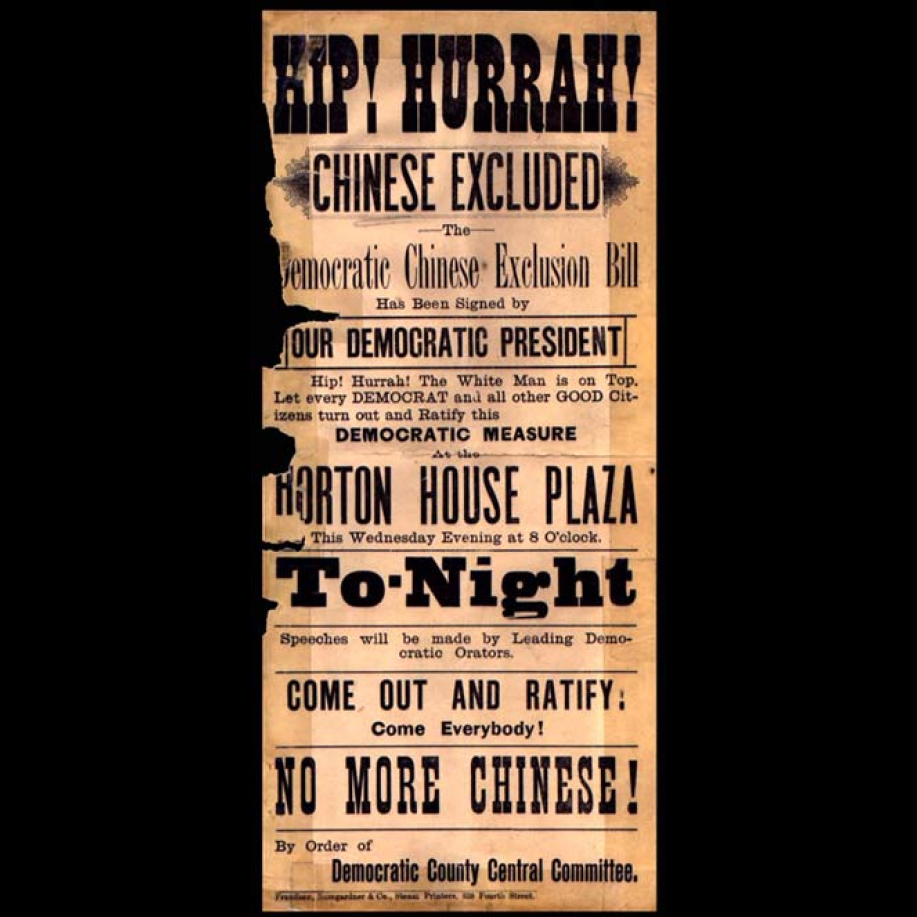
1882
Chinese Exclusion Act
Driven by anti-Chinese sentiment, the Chinese Exclusion Act was the first law that banned immigration solely on the basis of race. It fueled widespread anti-Asian hate across the U.S.
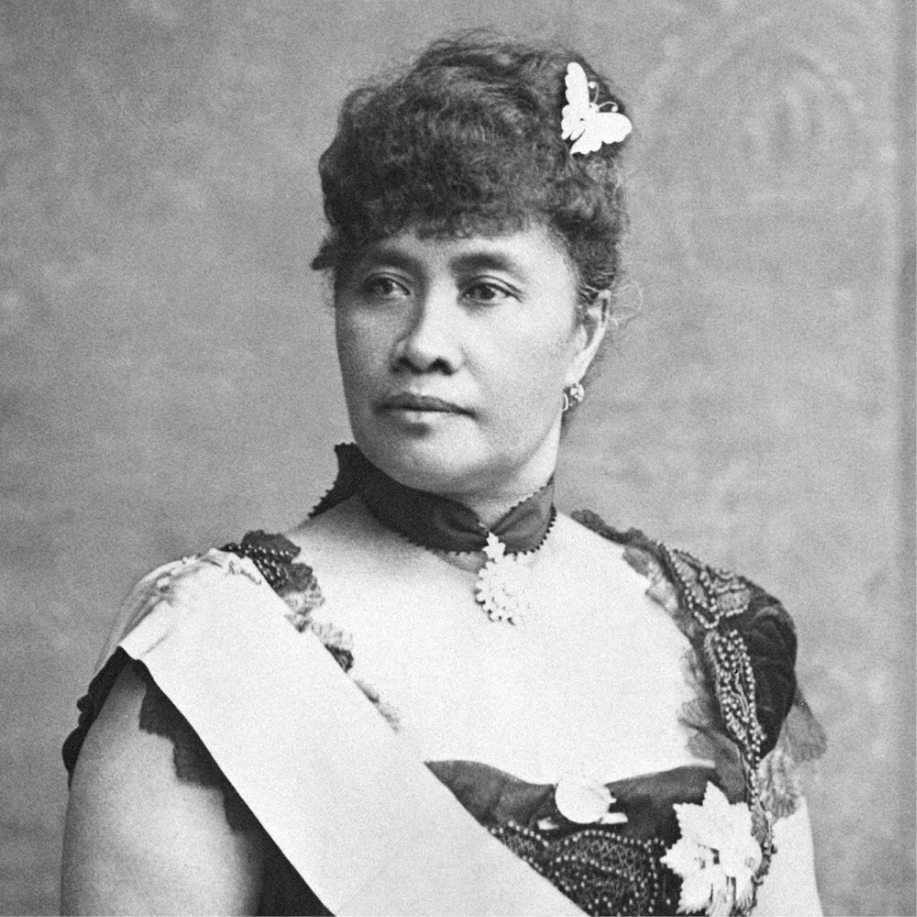
1893
Hawaiian Colonization
In 1893, the U.S. government sent troops to overthrow the Hawaiian Kingdom and Her Majesty Queen Lili‘uokalani. In 1898, Hawaii was annexed by the U.S. and later became a state in 1959.

1982
Murder of Vincent Chin
Vincent Chin, a Chinese American, was assaulted and murdered with a baseball bat by two white auto workers in Detroit. The assailants received no jail time.



1999
Murder of Joseph Ileto
Joseph Ileto, a Filipino American postal worker, was gunned down by a white supremacist while on his route in the greater Los Angeles area.
2001
Post 9/11 Attacks
Arab, Middle Eastern, Muslim, and South Asian communities faced heavy discrimination, racial profiling, and were targets of increased hate incidents after 9/11. Sikh Americans were racially profiled because their articles of faith, particularly turbans, were associated with terrorism and 9/11.
Anti-Asian hate in the time of COVID-19
The above timeline shows how anti-Asian violence and xenophobia have existed throughout U.S. history. This timeline shows the significant escalation in anti-Asian incidents since the election of Donald Trump and the COVID-19 pandemic.

2015
Donald Trump declares his presidential candidacy on a platform of hate. His racist, xenophobic, and sexist rhetoric are correlated with an increase in hate crimes.
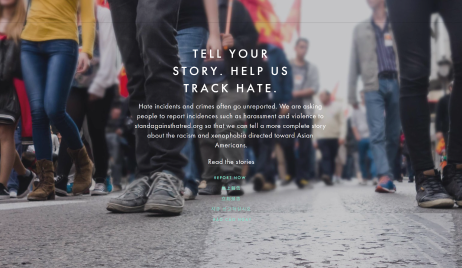


2016
Stand Against Hatred Tracker is created following the election of Trump and the subsequent increase in harassment and hate towards the Asian American community. The Stand Against Hatred tracker allows community members to safely report incidents.



January 2020
The first case of COVID-19 is identified in the United States. Asians/Asian Americans are wrongfully scapegoated for the pandemic, leading to an escalation of racism and hostility towards the Asian community.
March 2020
States across the US begin to implement shutdowns to stop the spread of the virus.



March 2020
President Trump continues to use terms such as "China Virus" and “Kung Flu” in reference to the COVID-19 virus, further igniting to animus towards the Asian American community.
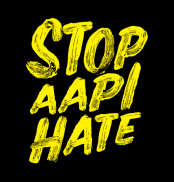

March 2020
Stop AAPI Hate reporting tool is launched to document the rise of COVID-19 related anti-Asian racism.



September 17, 2020
House Resolution 908 (Rep. Grace Meng) passes. It condemns all forms of anti-Asian racism related to COVID-19 and calls on federal officials to investigate all credible reports of hate incidents, threats, and crimes against the Asian American community.
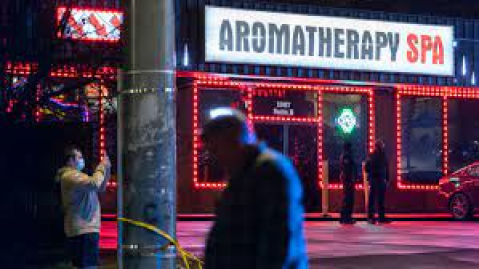


March 16, 2021
A mass shooting occurs at three predominantly Asian-staffed spas in Atlanta, where 6 of the 8 victims were Asian women. This tragedy was an impetus for the growing Stop Asian Hate movement.



March 16, 2021
Increased media attention on anti-Asian hate from viral videos of brutal attacks against older Asian adults in San Francisco and New York.
May 20, 2021
The COVID 19 Hates Crimes Act (Rep. Grace Meng & Sen. Mazie Hirono) is signed into law.
It makes reporting of hate crimes more accessible, directs the Department of Justice to expedite review of COVID-19 related hate crimes, and authorizes funding for local governments to prevent and respond to hate crimes.
December 2022
Stop AAPI Hate reports over 11,000 anti-Asian incidents ranging from harassment, assault, and other forms of anti-Asian hate.
Yet we know these incidents are still considered to be significant under-reports of those that actually occur.



2023
State and federal lawmakers are introducing and passing racist and discriminatory laws. Some seek to prohibit or severely limit foreign nationals from purchasing, leasing, or acquiring property in the U.S. Others include bans on books that explicate the U.S.’s history of racism and those that highlight diversity.
-
Anti-Asian hate in the time of COVID-19
The above timeline shows how anti-Asian violence and xenophobia have existed throughout U.S. history. This timeline shows the significant escalation in anti-Asian incidents since the election of Donald Trump and the COVID-19 pandemic.
-



2015
Donald Trump declares his presidential candidacy on a platform of hate. His racist, xenophobic, and sexist rhetoric are correlated with an increase in hate crimes.
-



2016
Stand Against Hatred Tracker is created following the election of Trump and the subsequent increase in harassment and hate towards the Asian American community. The Stand Against Hatred tracker allows community members to safely report incidents.
-



January 2020
The first case of COVID-19 is identified in the United States. Asians/Asian Americans are wrongfully scapegoated for the pandemic, leading to an escalation of racism and hostility towards the Asian community.
-
March 2020
States across the US begin to implement shutdowns to stop the spread of the virus.
-



March 2020
President Trump continues to use terms such as "China Virus" and “Kung Flu” in reference to the COVID-19 virus, further igniting to animus towards the Asian American community.
-


March 2020
Stop AAPI Hate reporting tool is launched to document the rise of COVID-19 related anti-Asian racism.
-



September 17, 2020
House Resolution 908 (Rep. Grace Meng) passes. It condemns all forms of anti-Asian racism related to COVID-19 and calls on federal officials to investigate all credible reports of hate incidents, threats, and crimes against the Asian American community.
-



March 16, 2021
A mass shooting occurs at three predominantly Asian-staffed spas in Atlanta, where 6 of the 8 victims were Asian women. This tragedy was an impetus for the growing Stop Asian Hate movement.
-



March 16, 2021
Increased media attention on anti-Asian hate from viral videos of brutal attacks against older Asian adults in San Francisco and New York.
-
May 20, 2021
The COVID 19 Hates Crimes Act (Rep. Grace Meng & Sen. Mazie Hirono) is signed into law.
It makes reporting of hate crimes more accessible, directs the Department of Justice to expedite review of COVID-19 related hate crimes, and authorizes funding for local governments to prevent and respond to hate crimes.
-
December 2022
Stop AAPI Hate reports over 11,000 anti-Asian incidents ranging from harassment, assault, and other forms of anti-Asian hate.
Yet we know these incidents are still considered to be significant under-reports of those that actually occur.
-



2023
State and federal lawmakers are introducing and passing racist and discriminatory laws. Some seek to prohibit or severely limit foreign nationals from purchasing, leasing, or acquiring property in the U.S. Others include bans on books that explicate the U.S.’s history of racism and those that highlight diversity.
Community-based organizations (CBOs) have been providing services and resources throughout the COVID- 19 pandemic to combat anti-Asian hate. CBOs continue to be on the frontlines in the fight against anti-Asian hate, even as our communities begin to emerge from the pandemic.